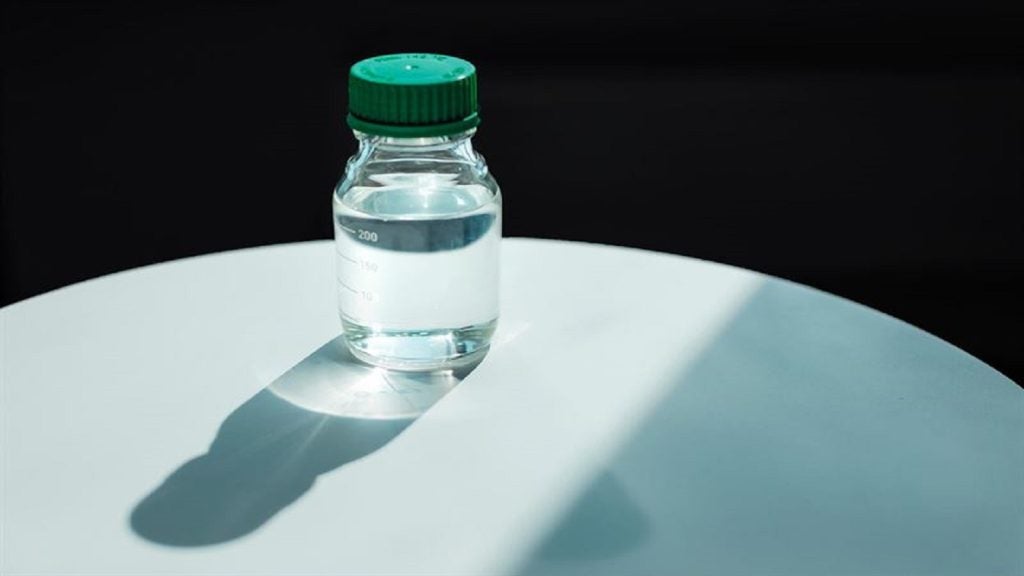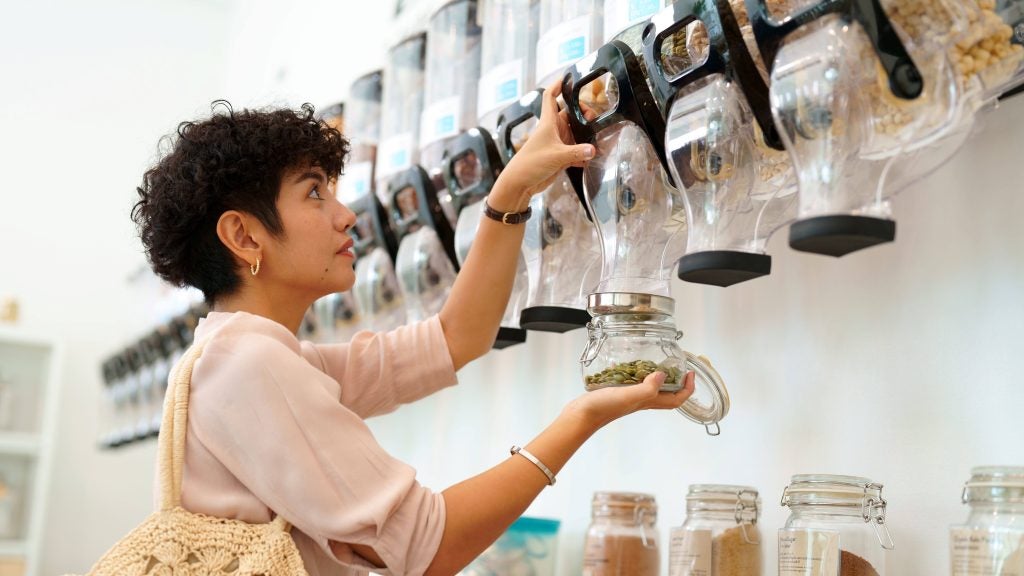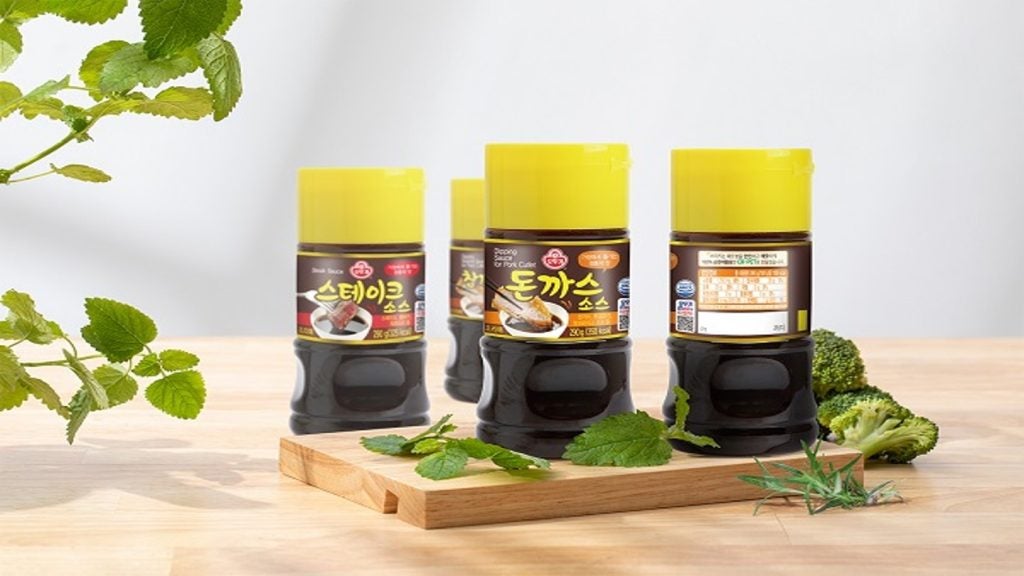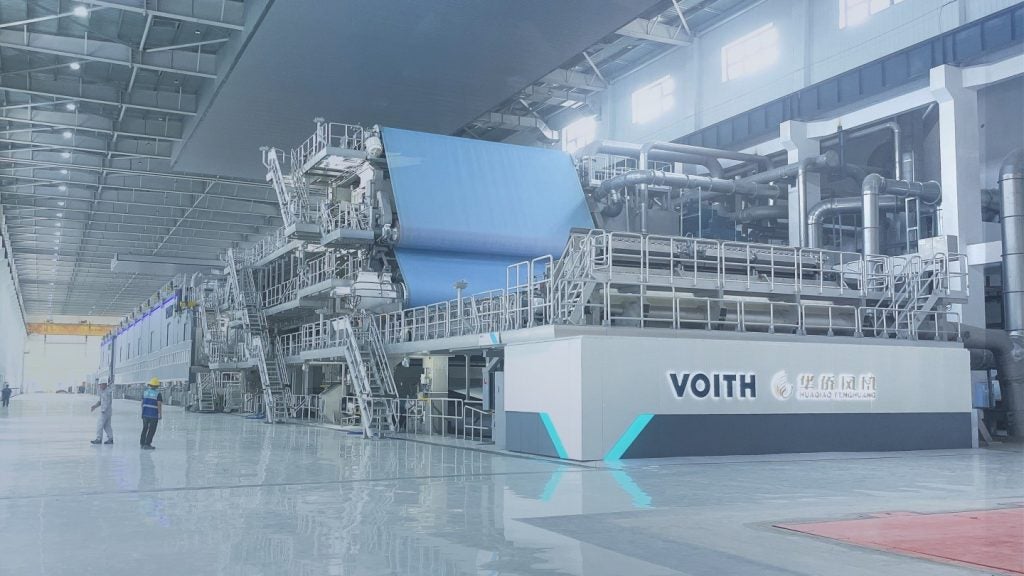Finnish engineering company Neste has teamed up with Suntory, ENEOS and Mitsubishi Corporation to produce polyethylene terephthalate (PET) bottles with biobased materials.
The partners will use PET resin made with renewable Neste RE, a feedstock for polymer production. It is fully made from biobased raw materials to help replace fossil feedstock.
ENEOS, a new partner for Neste in Japan, will leverage the biointermediates based on Neste RE to produce bioparaxylene (bio-PX) at its Mizushima Refinery in Okayama.
The bio-PX will be converted into purified terephthalic acid and then to PET resin.
Japanese beverage company Suntory meanwhile, will produce bottles leveraging the renewable PET resin for its products starting next year.
The biobased materials will be allocated to the PET bottles' production using a mass-balance approach.
Mitsubishi will organise the collaboration between the value chain partners.
Neste expects the introduction of these biobased materials to cut its partner's dependence on fossil resources in the PET value chain.
Neste's head of Sustainable Partnerships APAC at Renewable Polymers and Chemicals Lilyana Budyanto said: “In order to tackle the imminent climate crisis and its consequences, companies are required to take responsibility now.
“Through partnering along the value chain, Neste can contribute to reducing the polymers and chemicals industry’s dependence on fossil resources as well as to manufacturing of products that have a lower carbon footprint.”
In July this year, Neste received funding for its PULSE project.















